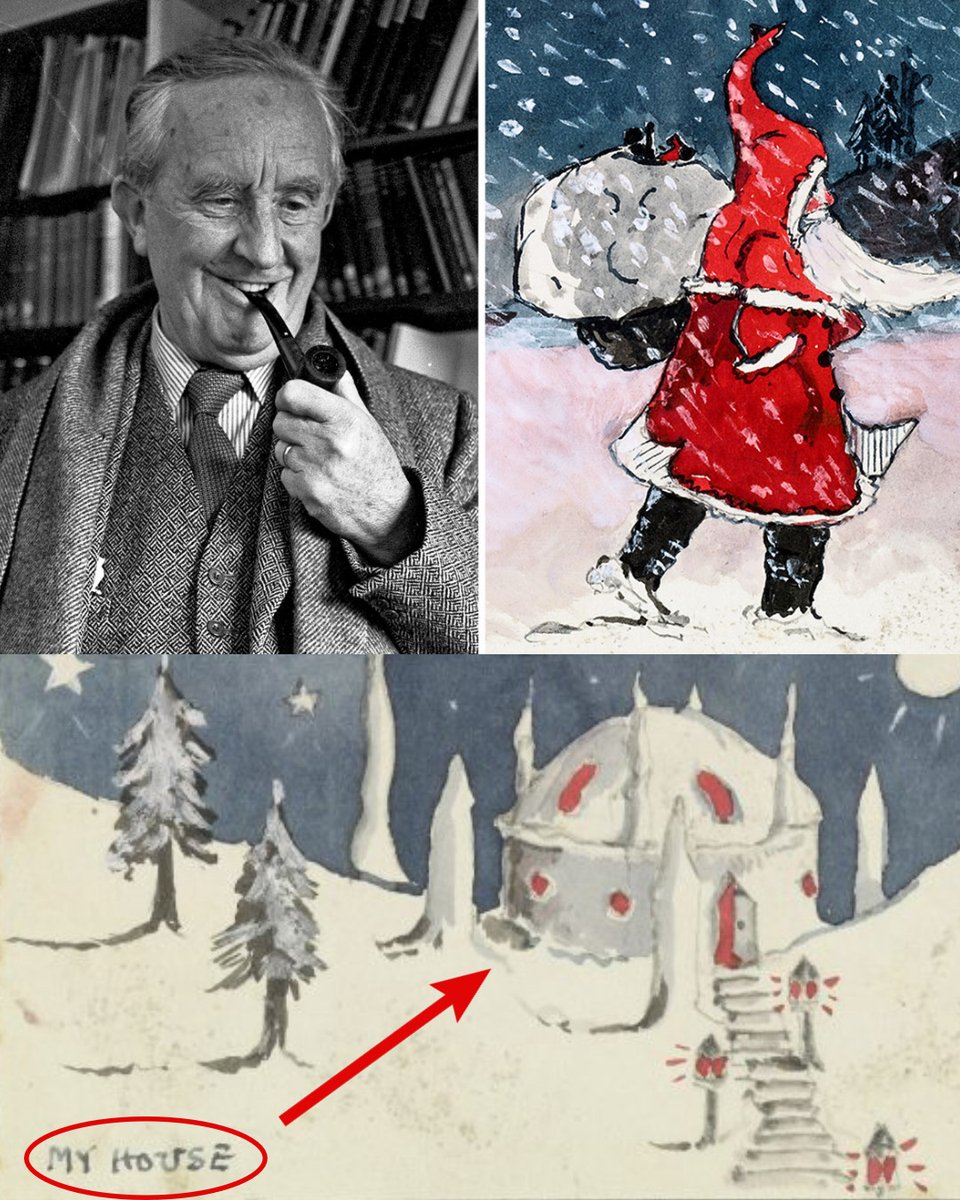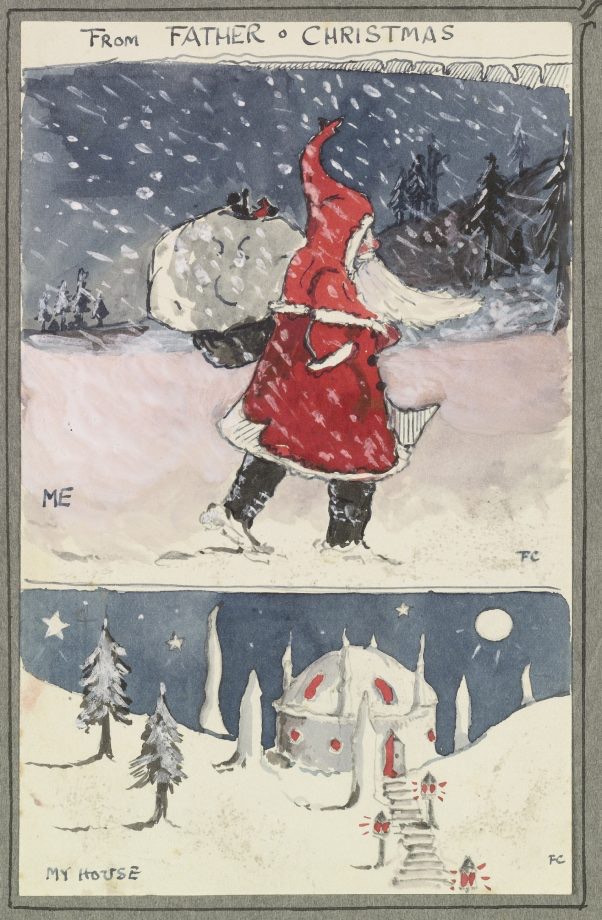It was professional suicide and he knew it.
When Solzhenitsyn took the podium at Harvard in 1978 to offer the commencement address he was dearly loved by the media and America’s elite.
When he finished he knew he would be an outcast for life.
Here’s what he said. 🧵
When Solzhenitsyn took the podium at Harvard in 1978 to offer the commencement address he was dearly loved by the media and America’s elite.
When he finished he knew he would be an outcast for life.
Here’s what he said. 🧵

1) Socialism of any type and shade leads to a total destruction of the human spirit and to a leveling of mankind into death.
2) Should one point out that from ancient times declining courage has been considered the beginning of the end?
3) A decline in courage may be the most striking feature which an outside observer notices in the West in our days.
4) Even biology knows that habitual, extreme safety and well-being are not advantageous for a living organism. Today, well-being in the life of Western society has begun to reveal its pernicious mask.
5) The defense of individual rights has reached such extremes as to make society as a whole defenseless against certain individuals.
6) Hastiness and superficiality are the psychic disease of the 20th century and more than anywhere else this disease is reflected in the press.
7) I have received letters in America from highly intelligent persons, maybe a teacher in a faraway small college who could do much for the renewal and salvation of his country, but his country cannot hear him because the media are not interested in him.
8) But should someone ask me whether I would indicate the West such as it is today as a model to my country, frankly I would have to answer negatively. No, I could not recommend your society in its present state as an ideal for the transformation of ours.
9) A fact which cannot be disputed is the weakening of human beings in the West while in the East they are becoming firmer and stronger.
10) There are meaningful warnings which history gives a threatened or perishing society. Such are, for instance, the decadence of art, or a lack of great statesmen.
11) Only moral criteria can help the West against communism's well planned world strategy. There are no other criteria.
12) In spite of the abundance of information, or maybe because of it, the West has difficulties in understanding reality such as it is.
13) And yet -- no weapons, no matter how powerful, can help the West until it overcomes its loss of willpower. In a state of psychological weakness, weapons become a burden for the capitulating side.
14) In the American democracy at the time of its birth, all individual human rights were granted because man is God's creature. That is, freedom was given to the individual conditionally, in the assumption of his constant religious responsibility.
15) All the glorified technological achievements of Progress, including the conquest of outer space, do not redeem the 20th century's moral poverty which no one could imagine even as late as in the 19th Century.
16) Not by coincidence all of communism's meaningless pledges and oaths are about Man, with a capital M, and his earthly happiness. At first glance it seems an ugly parallel: common traits in the thinking and way of life of today's West and today's East?
17) Liberalism was inevitably displaced by radicalism; radicalism had to surrender to socialism; and socialism could never resist communism.
18) In our Eastern countries, communism has suffered a complete ideological defeat; it is zero and less than zero. But Western intellectuals still look at it with interest and with empathy.
19) Even if we are spared destruction by war, our lives will have to change if we want to save life from self-destruction.
20) If the world has not come to its end, it has approached a major turn in history, equal in importance to the turn from the Middle Ages to the Renaissance.
• • •
Missing some Tweet in this thread? You can try to
force a refresh


















